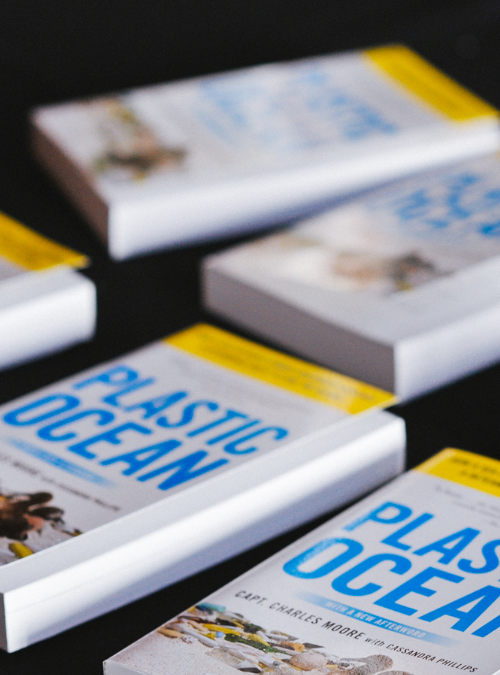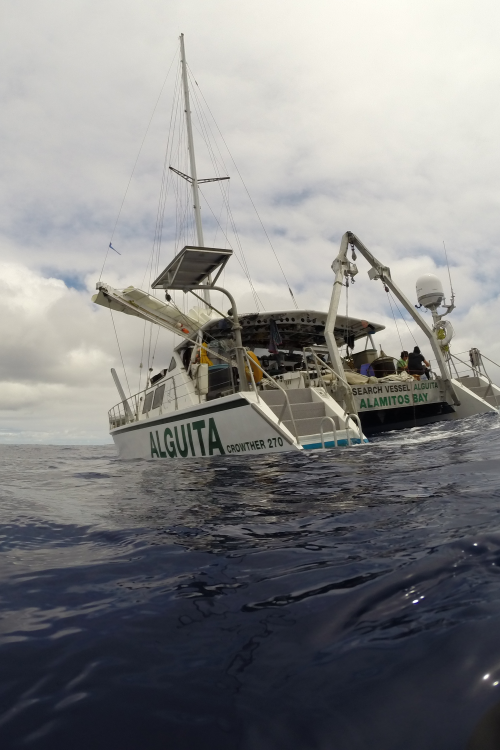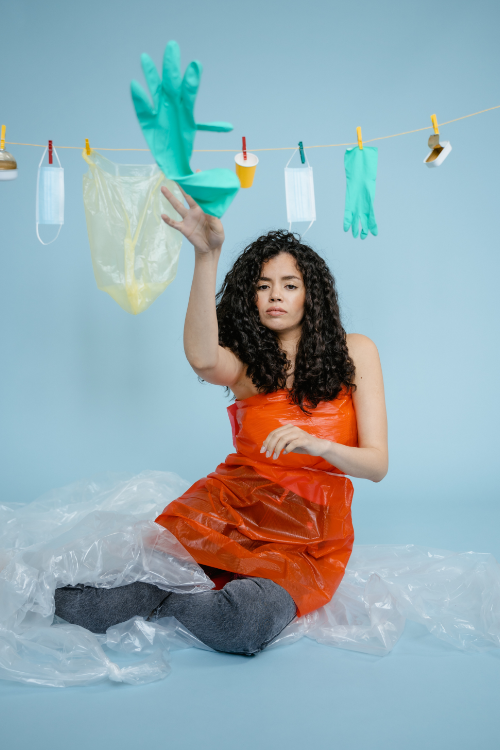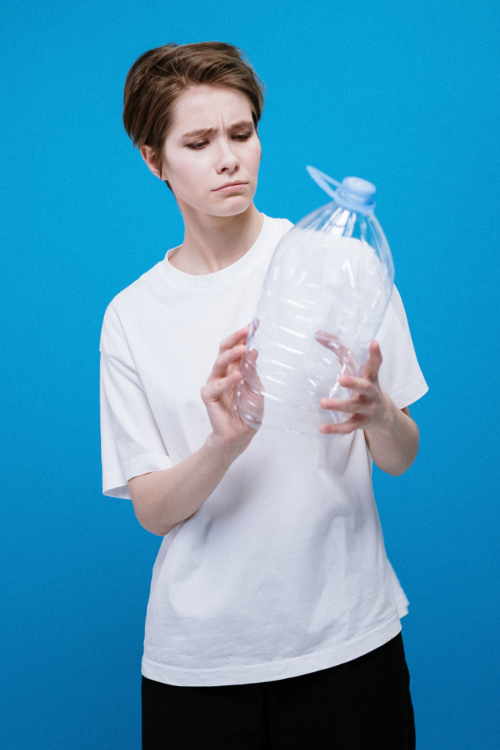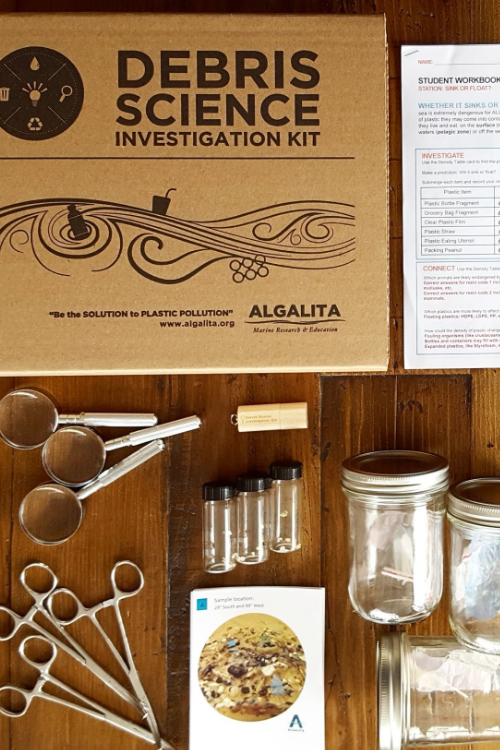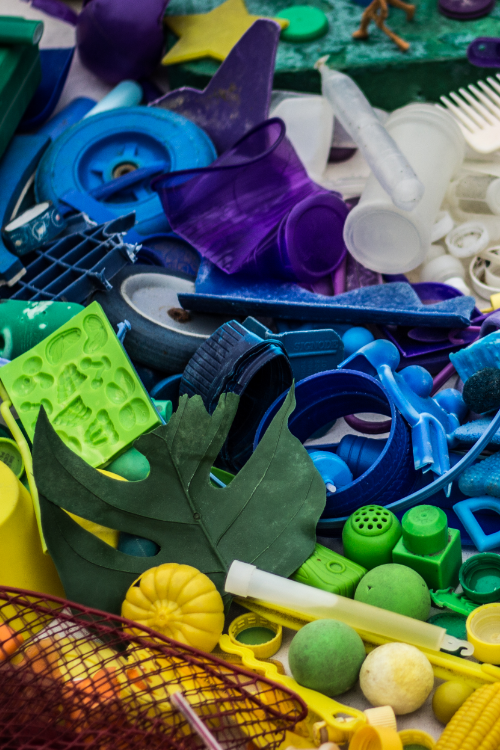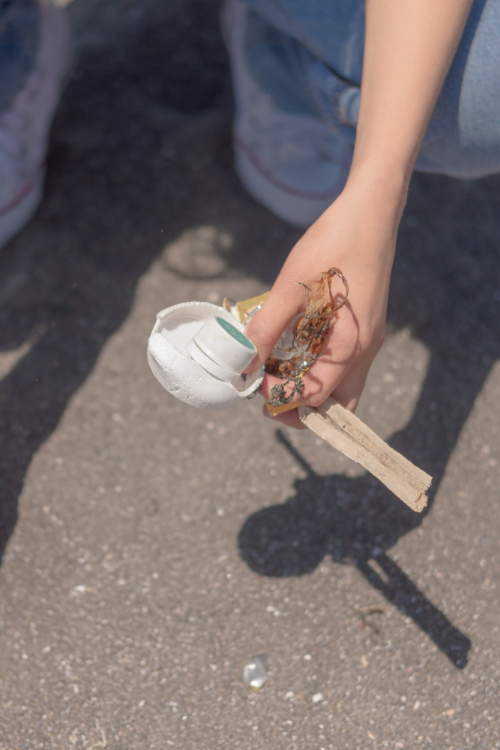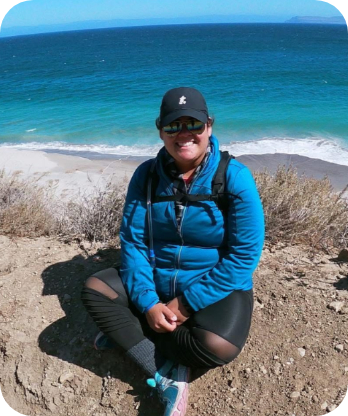
Toolkit
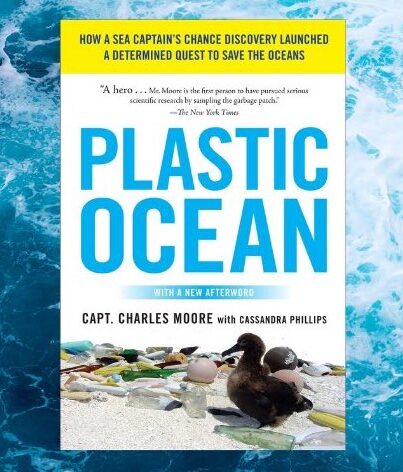
Photo credit: Algalita
Research, comprehend, discuss, and communicate about the problem of plastic pollution and solutions to this global challenge through a literary lens.
Grades 9 and up
Time Needed 4 – 6 weeks
This toolkit is FREE! Books can only be shipped in the US.
Toolkit Details
What is the Plastic Ocean English Language Arts Toolkit?
To make this important book available to more students, we’ll send a travelling class set of 40 copies of “Plastic Ocean” to your classroom. Algalita’s keystone book is written by Cassandra Phillips and Founder Capt. Charles Moore who is credited with discovering the swirling soup of plastic in the North Pacific Ocean.
We worked with a group of educators who created three lessons inspired by and based on content in the book. These lessons are freely available on Wayfinder Society. Read a synopsis of each lesson below.
Purpose and Context
The topics of pollution and environmental issues are generally only covered in science classes. However, the causes, impacts, and solutions to global challenges like plastic pollution are heavily based in the social realm. Looking at these topics through a literary and communication lens is important, as our collective ability to solve these problems lies in our ability to comprehend, discuss, and communicate about them.
With this toolkit, you can bring the topic of plastic pollution into your ELA, social sciences, or history class. This toolkit is designed for upper-level high school students and first- and second-year college students. Borrow a set of books for your students, for up to 6 weeks, and read through the whole book, or select segments.
Instructions
Fill out the request form for the classroom set of books. We’ll contact you to schedule your timeslot. Once the books have arrived in the mail, distribute them to your students.
There are three lessons to help students process and expand on their reading:
Plastic Soup in a Brave New World
Compare themes between two texts, Plastic Ocean Chapter 1 by Charles Moore, and The Tempest by William Shakespeare and create maps to present the similarities and differences between the two storylines.
Co-created with educator Sarah King
Based on Chapter 1. Plastic Soup
3 weeks
A Timeline of Throwaway Living and a Preconceived Endgame
Analyze the historical events that led to contemporary attitudes towards waste and throw-away culture through a collection of book excerpts, articles, and other publications, and develop a potential future outcome for an end to the culture of disposability.
Co-created with educator Sarah King
Based on Chapter 6. The Invention of Throwaway Living
2-3 weeks
Plastics and our Health: Socratic Seminar
Investigate the consequences of plastics on the health of humans and other living organisms. Engage in a Socratic seminar exploring the ethical considerations of the harm to various species due to plastic production and use.
Co-created with educator Julie Keck-Centeno Ed.D.
Based on Chapters 7, 11, 12 and 13
3-4 hours
Associated Standards
NCTE/IRA Standards for the English Language Arts
- Students read a wide range of print and nonprint texts to build an understanding of texts, of themselves, and of the cultures of the United States and the world; to acquire new information; to respond to the needs and demands of society and the workplace; and for personal fulfillment. Among these texts are fiction and nonfiction, classic and contemporary works.
- Students read a wide range of literature from many periods in many genres to build an understanding of the many dimensions (e.g., philosophical, ethical, aesthetic) of human experience.
- Students apply a wide range of strategies to comprehend, interpret, evaluate, and appreciate texts. They draw on their prior experience, their interactions with other readers and writers, their knowledge of word meaning and of other texts, their word identification strategies, and their understanding of textual features (e.g., sound-letter correspondence, sentence structure, context, graphics).
- Students adjust their use of spoken, written, and visual language (e.g., conventions, style, vocabulary) to communicate effectively with a variety of audiences and for different purposes.
- Students employ a wide range of strategies as they write and use different writing process elements appropriately to communicate with different audiences for a variety of purposes.
- Students apply knowledge of language structure, language conventions (e.g., spelling and punctuation), media techniques, figurative language, and genre to create, critique, and discuss print and nonprint texts.
- Students conduct research on issues and interests by generating ideas and questions, and by posing problems. They gather, evaluate, and synthesize data from a variety of sources (e.g., print and nonprint texts, artifacts, people) to communicate their discoveries in ways that suit their purpose and audience.
Related Resources
Toolkit: A Plastic Ocean Teaching Kit
Investigate the impacts of microplastics on our oceans with 3 rotating activities.
Grades 5 and up
50 minutes
Lesson: The Problem with Plastics
Brainstorm and discuss the benefits and consequences of plastic.
Grades 4 and up
30 minutes
Explore more
Plastic Pollution Basics
A quick crash course on plastic pollution and what we can do about it!
Learn more

